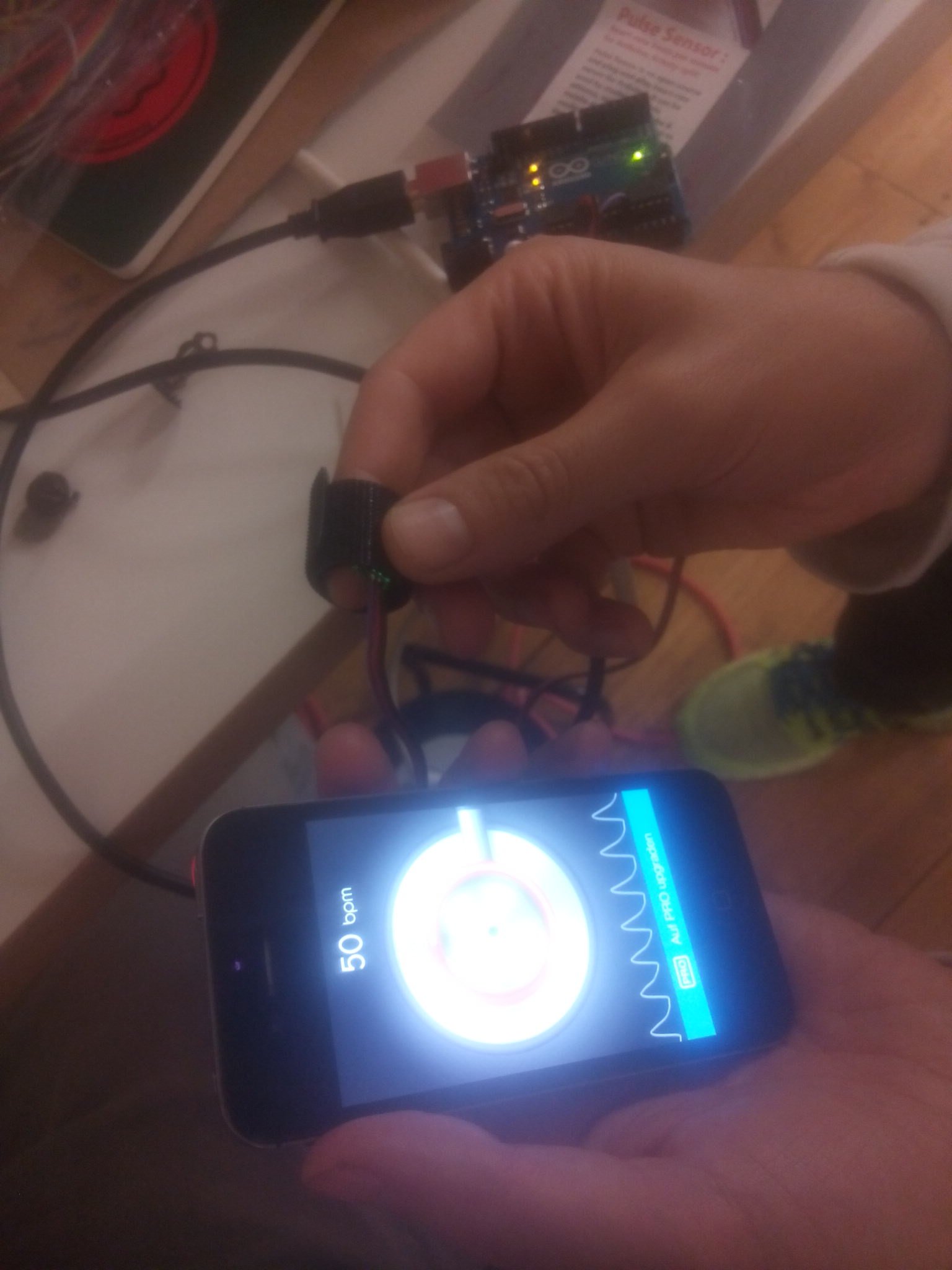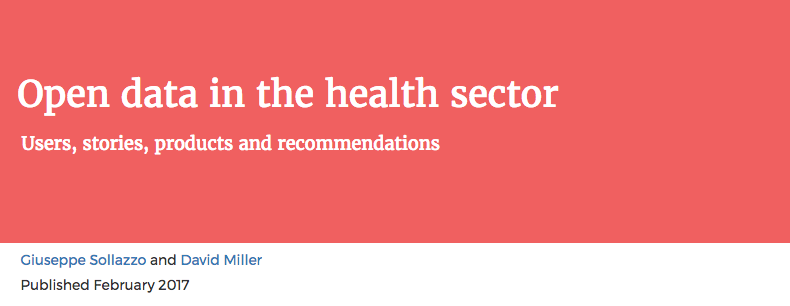029 #openhealth
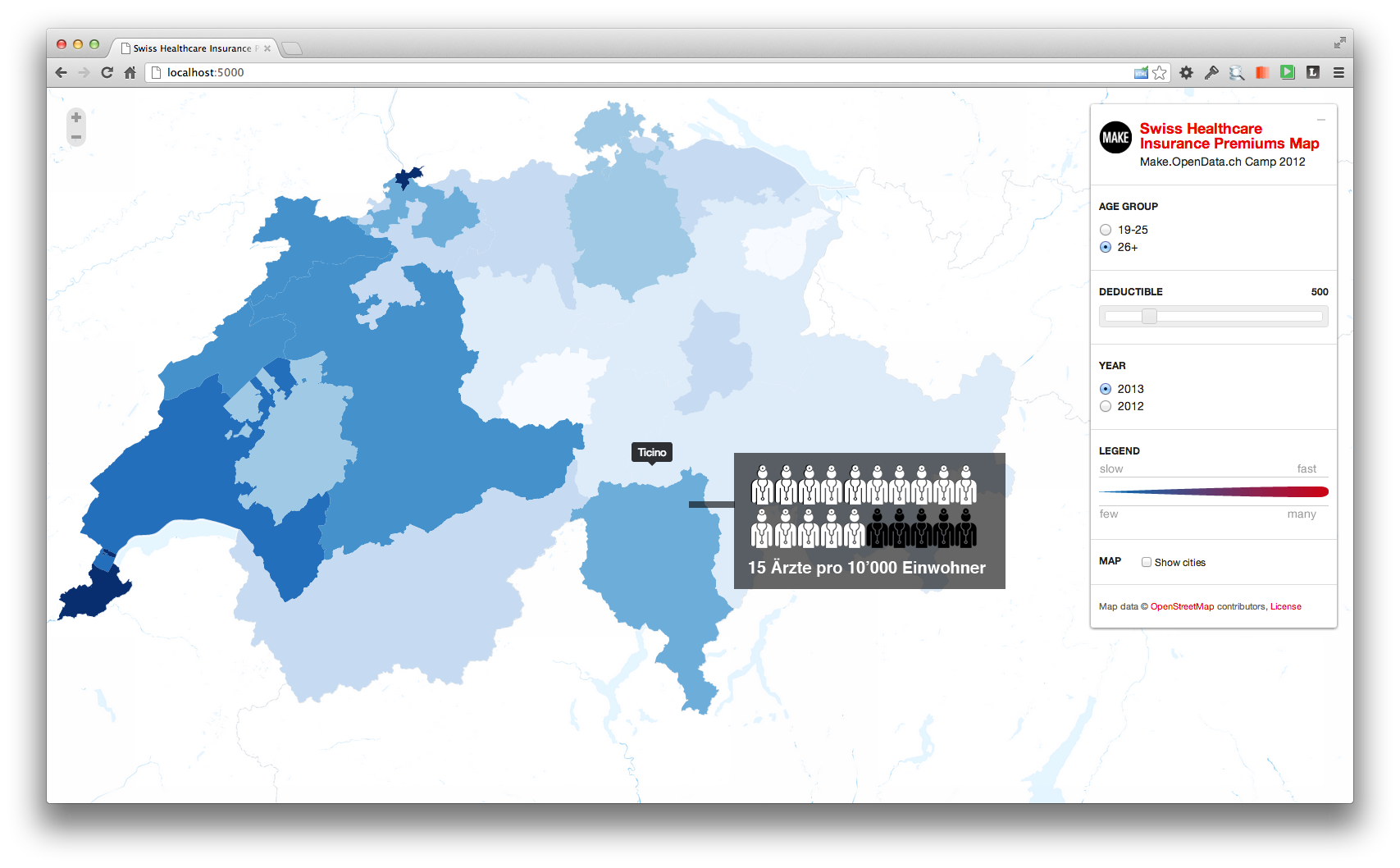
Building on prior interests and involvement in the open health data area, this post is a brief survey of themes and developments where the open data community is making an impact in 2017. If you have any inputs, please get in touch via the forum.
Open Knowledge
The OpenTrials project has become a center for discussion of health data in the Open Knowledge community. A prototype of the project based on data from the US Food and Drug Administration was recently presented and is a finalist for the Open Science Prize. It lets us search across Drug Approval Packages including indicators and usage data for tens of thousands of medications:
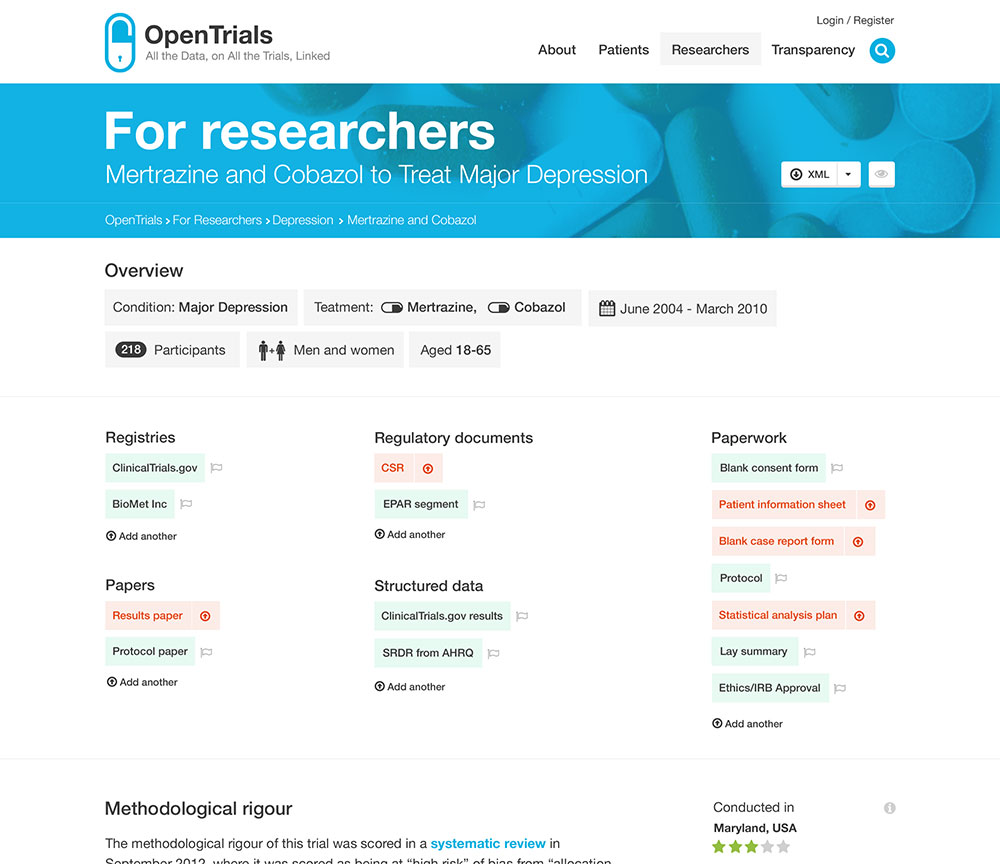
The OpenTrialsFDA search interface app. Learn more in a 3 minute video, and follow developments at opentrials.net and okfn.org.
Meanwhile, the Open Data Index considered to include assessing data on healthcare performance in its last year's survey - an idea that was tested in the Australia regional census. The health datasets thread is relevant here, and it is worth checking out the initial discussions of the Open Health working group.
Worth a read as well is the just published Open data in the health sector report from the UK.
Research data
The rise of the Open Science movement has led to a wide range of platforms for academic data sharing. On Figshare, for instance, one can find thousands of papers and their datasets - some of which can even be mined through the Figshare API. While it can be difficult for 'citizen scientists' to navigate an academic repository like PubMed Central, projects like the Open Access Button - which has long ago started making waves here - are leading the way in illustrating the possibilities of widely usable open research data.
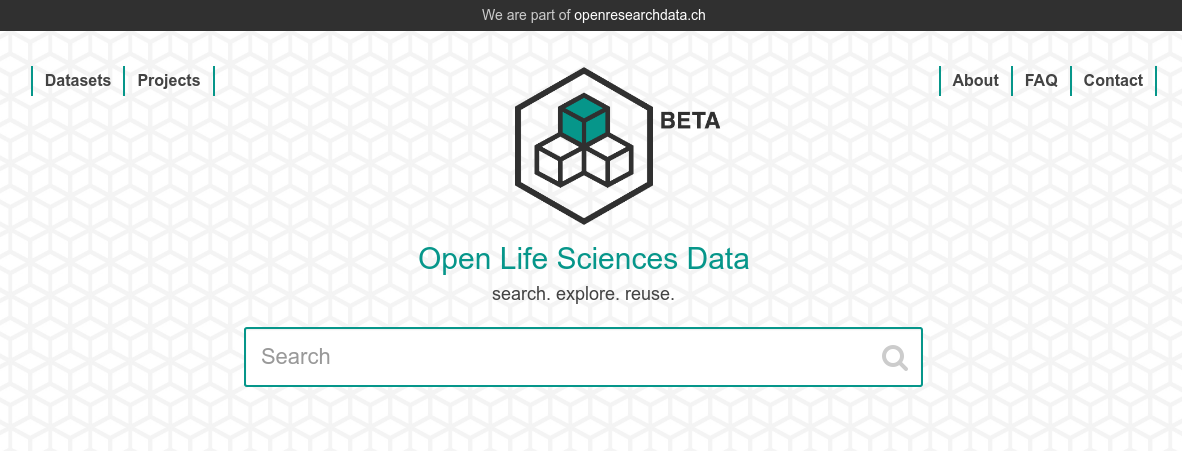
In Switzerland, the Open Life Sciences Data portal was launched as part of openresearchdata.ch in 2015, but uptake has been slow. The hackday we ran pooled together a bunch of interesting projects, but at time of writing only one human-health-related data collection is currently on the site - and it is likely that scientists need more awareness and incentives to cross-publish on a national platform.
In the area of journals, it is worth noting Open Health Data (@up_healthdata), which "features peer-reviewed data papers describing health datasets with high reuse potential" and stringent research integrity guidelines. Since relaunching in 2014 (previously it was published as the Journal of Open Public Health Data, ISSN: 2053-2407), it has published a few "data papers" such as Physical Activity and Respiratory Health. I hope that they get more submissions and seed discussions in the open data community on such subjects.
Data portals
The opendata.swiss portal features currently 55 datasets in the Health category, covering a variety of areas and geographies, from national pollution statistics to health insurances and hospitals - most of them under permissive, commercially allowing, terms. I really hope that this develops further into a comprehensive offering, supporting exchange and development of more open health data projects.
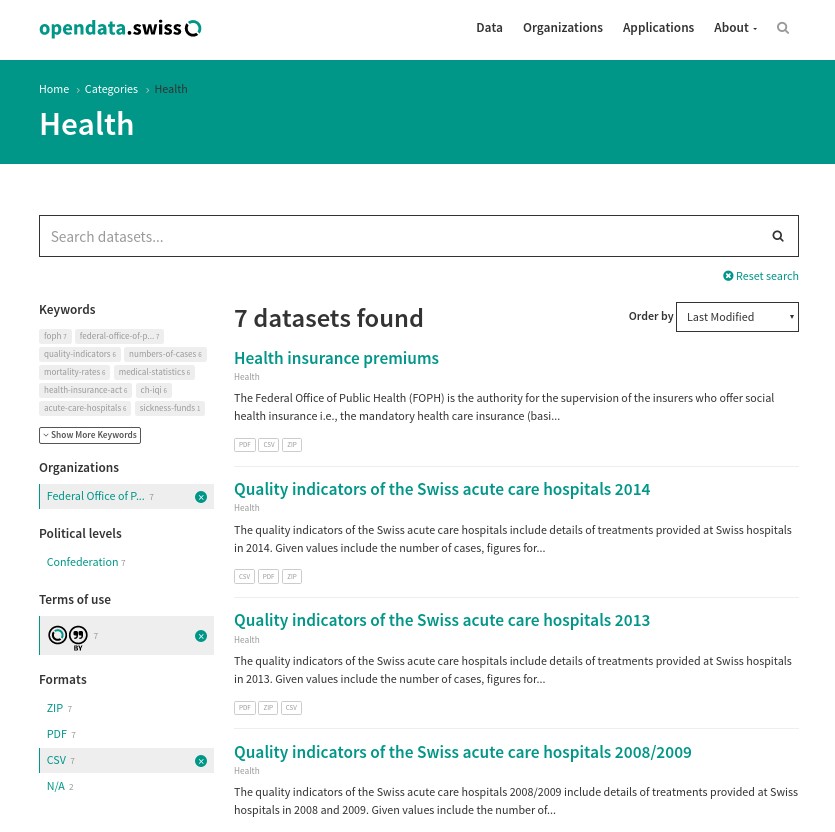
Pictured here are currently published datasets from the Federal Office of Public Health, such as the one used for our Compare Hospitals app.
Where does the rest of the planet get their data? The World Bank data portal has tons of interesting statistics available, but not at the fine-grained level that data portals such as healthindicators.gov and data.medicare.gov in the US - which tend to offer a wealth of information and helpful endpoints for developers:

It's interesting to see here how challenges like the NHS Obesity data challenge or Cancer Moonshot initiative could lead to innovative and, we hope, sustained projects while promoting the reuse of open data on portals.
Professional communities
Remarkable data is often found at the same source that people in the profession would go to find it. A recent example from South Africa is a project by Adi Eyal to analyse data from the Health Professionals Council database, with findings such as these on the ageing population of registered surgeons:
See A data-driven journey through the medical profession for the full and very interesting story.

Another informative post, especially for R users, is the use of Behavioral Risk Factor (BRFSS) data pictured above to dig into Public Health by Thomas Yokota, an epidemiologist in Hawaii. There are lots of such stories published and, I trust, under development - with no single place yet I'm aware of to track them.
make.opendata.ch
The 2012 open health camp was a Swiss community event which promised to kick off interest, and indeed the data:health topic continues to surface regularly among projects. The Swiss Healthcare Insurance Premiums map pictured here (blog, source) attracted a lot of attention, but is now offline - and until the data is updated (last in 2014), is not going to be of much use. However, interesting ideas have been seeded, and these have stimulated further work and connections.
 Compare Hospitals, a 2012 hackathon app based on open statistical data about Swiss hospitals.
Compare Hospitals, a 2012 hackathon app based on open statistical data about Swiss hospitals.
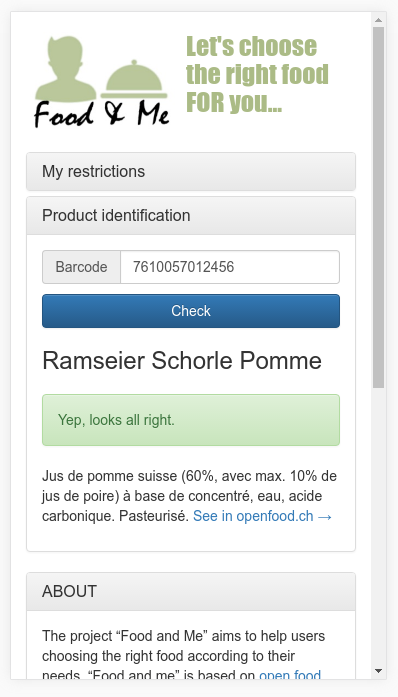
Food and me, which aims to help people to deal with allergy restrictions, from the 2017 Open Food Data hackdays.
While we currently do not have a health-focused open data hackathon planned, I would suggest checking out the next Swiss event on April 7-9 - as well as past results - organised by Hacking Health.
Patient records
My experience working on projects and portals like the ones pictured above was helpful in understanding the networks of medical institutions, and paved the way to later work on Synopses. This is a prototype for an open source app that manages patient data, oriented towards supporting Electronic Patient Record standards like IHE and SNOMED.
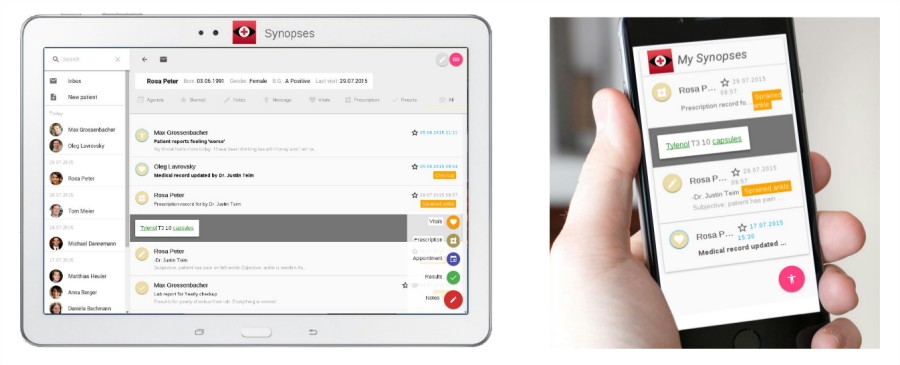
In September 2017, there will be an event organised by eHealth Suisse to promote development of new software, and I hope to take part and see how much interest there is from the rest of the open data community.
From my data, to our data
Last spring I supported a BFH project anchored in a new platform for data sharing, MIDATA.coop, and have continued conversations with people working with medical data in the field, such as the folks at Pryv SA ("a safe home for your users' timestamped data"), who made good use of Hacking Health Valais to launch their platform, and Infermedica ("Artificial Intelligence for Healthcare"). Both companies supported the AAL Hackathon last year with interesting health data challenges.
It would be great to pull together another dedicated hackathon and community meetups on this topic, boosted by fresh data and platforms to build on - and start related crowdsourcing initiatives (e.g.: openSNP). In the meantime, I'm hacking on ideas here and there, working on projects which could help set the stage in the future.
Do share any ideas of what or who or when, and stay tuned.
